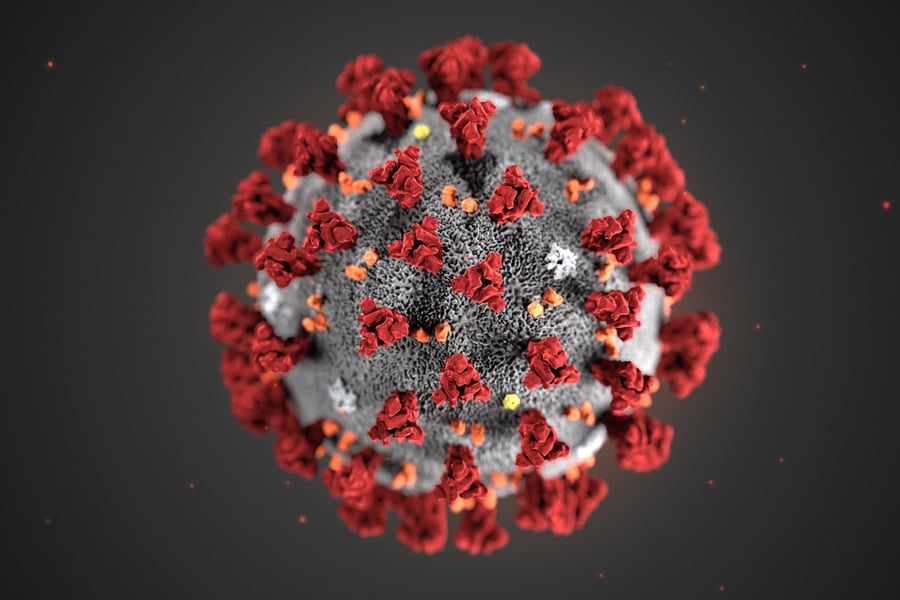A 78-year-old man from Western Australia has become the first local fatality of the coronavirus outbreak, passing away at at Perth’s Sir Charles Gairdner Hospital early this morning.
According to a report from WA Today, the unnamed victim had been treated in isolation at the hospital’s intensive care unit, with he and his wife having been two of the Australians aboard the Diamond Princess cruise ship prior to their evacuation to Darwin.
The man’s wife has also reportedly tested positive to coronavirus, though she remains in a stable condition in isolation at the current time.
In a statement offered to the media, WA Chief Medical Officer Andrew Robertson noted that the virus’ risk towards the elderly had been previously noted, and that the recent death “doesn’t change anything for the status of coronavirus.”
“I don’t think it surprised anybody,” Robertson explained. “It’s the second week where it seems people get worse.
“One of the things we are trying to do is contain the disease. We are strongly encouraging people to get the flu vaccine this year.
“We’ve been watching the development of the disease around the world and there’s obviously community spread in a number of countries so it is likely we’ll get community spread in the next three to six months.”
At the current time, the global death toll from coronavirus is in excess of 2,900, with more than 86,000 cases currently reported. In Australia, the current number of confirmed cases is at 26, while 15 of those affected have since recovered.
Just last month, researchers from the University of Queensland noted they had made an important breakthrough in their research to find a vaccine for coronavirus.
“There is still extensive testing to ensure that the vaccine candidate is safe and creates an effective immune response,” explained UQ Vice-Chancellor Peter Hoj.
“But the technology and the dedication of these researchers means the first hurdle has been passed.”






































